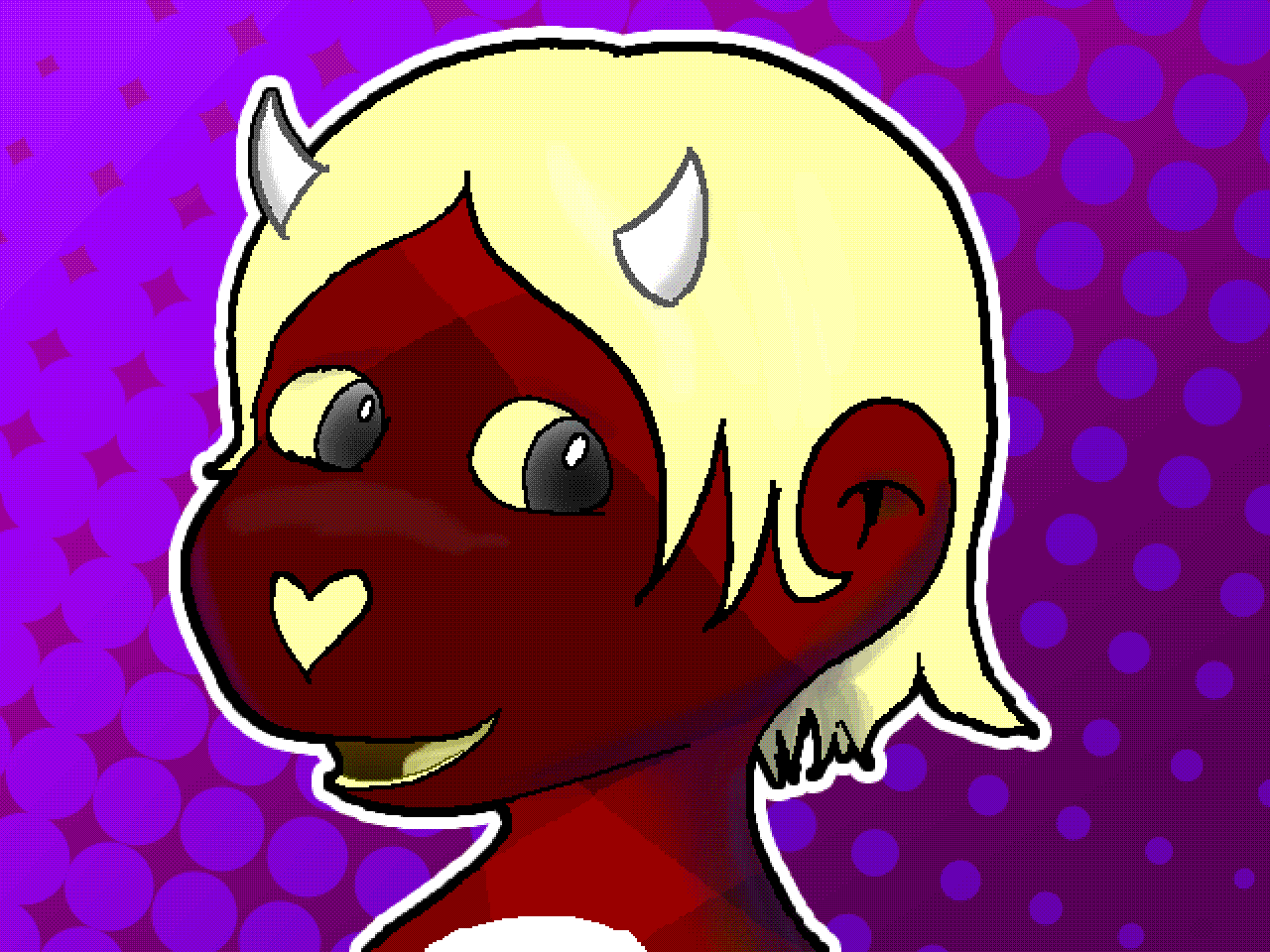fluffy

- Role: Self-employed
- Location: Seattle, WA
We chatted with fluffy, a self-employed indie who works on gameplay, UI/UX, and whatever else they can get their hands on.
QRM: Can you tell us a little bit about who you are and what you do in the games industry?
fluffy: Once upon a time I specialized in graphics and platform/portability stuff, but these days I'm doing my own thing and thus am doing broad-spectrum tasks including gameplay, UI/UX, and everything else.
QRM: How long have you been involved in the game industry, and what projects have you worked on? What are you working on currently?
fluffy: I worked at a small Ubisoft studio from 2004-2005, and was at Sony from 2007-2012 working on middleware and non-game application frameworks for Sony devices (including but not limited to Playstation 3). From 2015-2017 I was on HBO's Interactive Media team where I worked on VR experiences, most notably the Emmy-winning Westworld VR experience.
QRM: What inspired you to get started in the games industry?
fluffy: I have had a lifelong love of games and programming, especially in the areas of graphics and audio. I love the stories that games can tell and I feel like there's an untapped potential for transformative experiences.
QRM: In what ways do you feel your experiences as a queer person manifest in the games you work on, and influence the work you do?
fluffy: I have always been mostly interested in experiences that give you a different life, or an escape from the confines of reality. This ties in greatly to the gender dysphoria I felt going back to childhood, and the yearning to simply be myself.
QRM: Do you have a favourite queer character—in games or media more generally? If so, what is it about them that makes them your favourite?
Question asked by @kamienw.
fluffy: There are so many to choose from! It's a tough decision, but I think I have to go with Dr. Alphys from Undertale; her personality is just so similar to my own, with a tendency to obsess over minutiae and a need to be accepted and respected despite a crippling level of impostor syndrome.
QRM: Have you ever encountered roadblocks in trying to include queer characters in games? What do you think is preventing greater diversity within games?
Question asked by @dustinalex91.
fluffy: The only commercial, widely-distributed game I worked on was essentially a dating simulator, and it was developed and released during a time when there was a perception that queer themes should stay far away from games. To our producer's credit, he put the kibosh on same-sex relationships not because of an aversion to them, but because the game was comedic in tone and he did not want anything queer-related to be treated as a joke, and most of the writers simply thought it would be funny or titillating for the presumed-straight audience.
QRM: Why do you think it is important that queer audiences are able to see themselves represented in the games they play, and in the developers who make the games they see? What can we do to improve the industry for queer audiences and devs?
fluffy: Queer people play games too, and being able to see ourselves in the protagonists is part of how we can relate to the characters. It is so easy to find experiences in which we are "othered" or treated as jokes, punching bags (often literally!), or villains; being treated as if we are human beings is much more rare.
QRM: Have you ever mentored somebody in your role in games, or been mentored? If so, what made these experiences worthwhile for you?
Question asked by @pepelanova.
fluffy: I have not, unfortunately.
QRM: In what ways can non-queer folk increase and support queer diversity present within games, as well as in the industry more broadly? How can we all work to support intersectional approaches to diversity, and why is this important?
fluffy: Non-queer people can help out by expanding their horizons and playing games that are outside of their comfort zones. Also listen to queer people, and boost queer voices. Play a game even if it isn't "made for you" – not only is that what queer gamers have had to do for decades, but you might enjoy it anyway!
QRM: Is there a message that you would like to share with the queer game players, game studies researchers, and other interested folks who comprise the Queerly Represent Me community?
fluffy: The proliferation of easy-to-use game-creation software, frameworks, and engines, as well as distribution platforms such as itch.io and GameJolt, means that now more than ever it is possible for people to find their voice. If you have a story to tell or a game to make, do it! If it's too hard for you to do on your own, start small and grow bigger, and find people you can work with and join forces and make something amazing. You can do it.
*
You can find fluffy on their website or Twitter.
You can check out their games on itch.io and support their work via Patreon.
